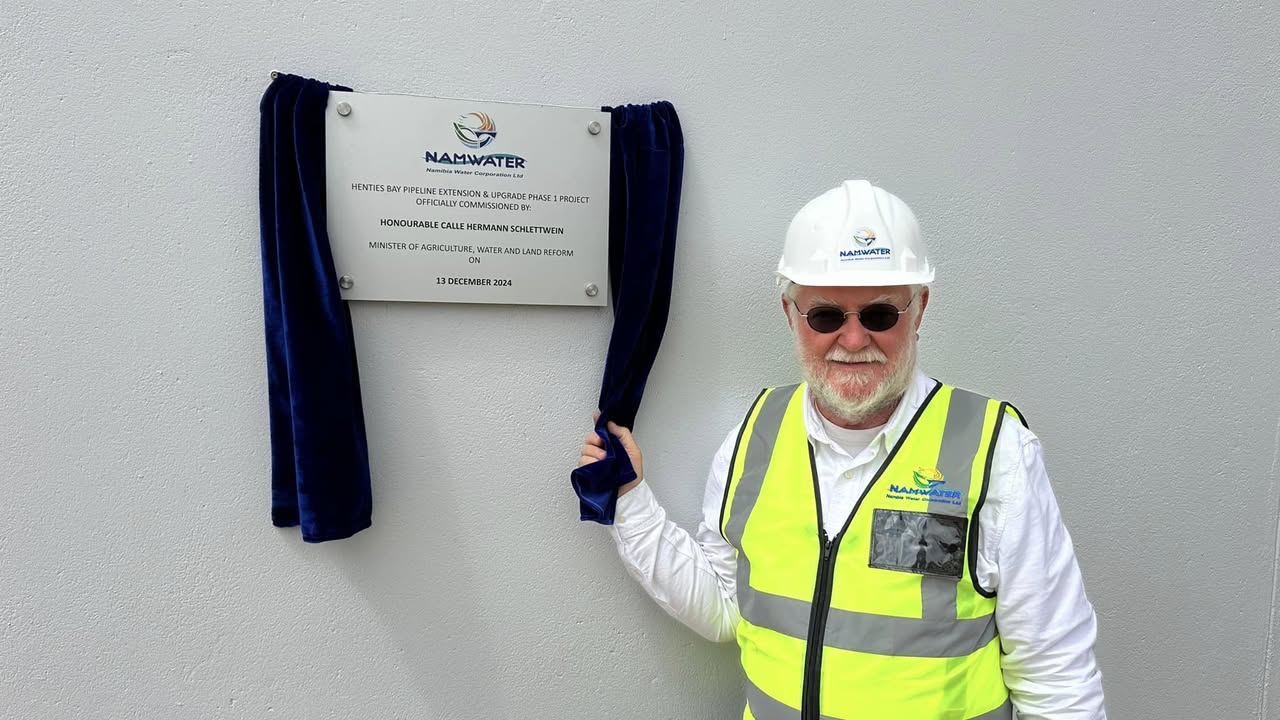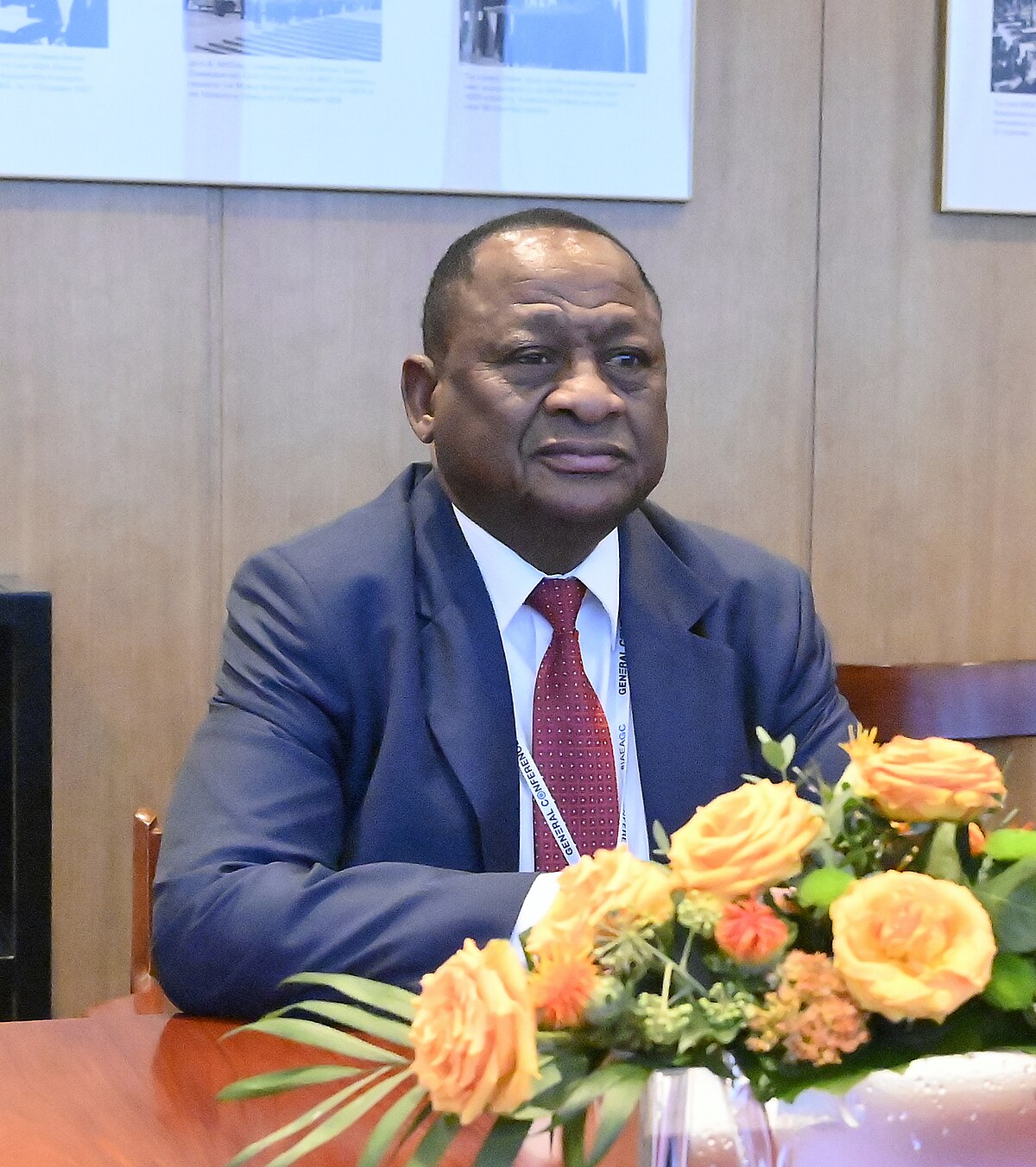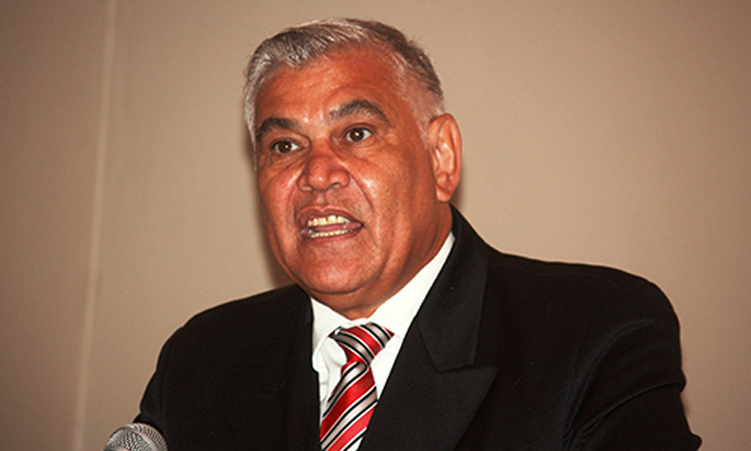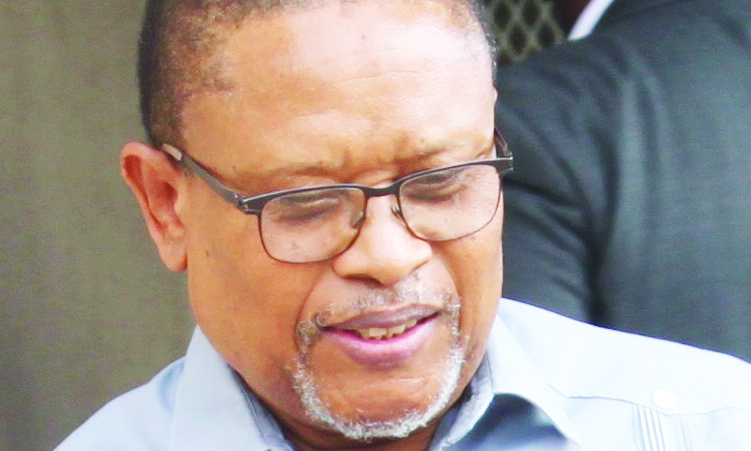BEING an American who has lived for nearly a decade and a half in Namibia, it struck me how similar the current situation in America is to some events on the African continent.
It is my hope that we in Africa can learn a bit from the mistakes made in North America, and potentially guard ourselves from great harm. The present meltdown on Wall Street is the end product of a process begun, incredibly, over 30 years ago under the Carter administration.Pressure to provide low-income families (the vast majority being minorities) with housing resulted in legislation which made money available at very low interest rates, “subprime” loans as they are known.Under the Clinton administration, further regulatory safeguards were removed, again with the noble intention of providing cheap money to poor borrowers.In more recent years, whole organisations were created which simply existed to put pressure on banks and other lenders, to make sure they provided a “fair” proportion of these loans to minorities.If said banks did not, they were often picketed, boycotted, or even taken to court.Current presidential hopeful Barack Obama made his name in Chicagoland politics (the city that I am from in America) in large part as a ‘community organiser’ who taught lower-income people how to pressure such institutions into making risky loans to people with little to no collateral to back them up.Numerous times in the past several years, the Bush administration has called for deeper regulation of these institutions and the lending practices involved, but the Democratically controlled Congress shut down such talk.The end product, of course, is the current meltdown of the American housing and banking systems.Markets are not infinitely wealthy.The billions and billions of dollars of cheap loans made to people who could not pay, or did not have collateral to back up the loans, has resulted in a crash of the housing market not equalled in generations.In fact, the recent drop of the stock market, with one day losing 777 points, was the single worst day in the history of the market.Even worse than right after the 9/11 terrorist attacks on New York City, where the icon of Wall Street, the World Trade Centre, collapsed.So what does this have to do with Africa? Good intentions have to be backed up with actual substance.The proportion of poor in Africa far exceeds that in America, yet even the largest economy in the world cannot sustain free money given out with no regard for the consequences.In time, if it doesn’t make good market sense, it will not survive.Zimbabwe strikes me as an example of a similar mindset.Land reform is certainly an important issue and cannot be ignored, just like minority home ownership in the United States.But neither can be addressed in a willy-nilly fashion, as if no real-life consequences will ever occur.Giving out free or dirt-cheap loans has financial consequences on any financial system, even the largest in the world.Seizing land from homeowners with the noble intention of giving it to those who do not have land can also result in dire consequences, as events in Zimbabwe have shown.Helping the poor is a great idea.But helping the poor in sensible, sustainable ways is a much better idea.Victor Kuligin WindhoekThe present meltdown on Wall Street is the end product of a process begun, incredibly, over 30 years ago under the Carter administration.Pressure to provide low-income families (the vast majority being minorities) with housing resulted in legislation which made money available at very low interest rates, “subprime” loans as they are known.Under the Clinton administration, further regulatory safeguards were removed, again with the noble intention of providing cheap money to poor borrowers.In more recent years, whole organisations were created which simply existed to put pressure on banks and other lenders, to make sure they provided a “fair” proportion of these loans to minorities.If said banks did not, they were often picketed, boycotted, or even taken to court.Current presidential hopeful Barack Obama made his name in Chicagoland politics (the city that I am from in America) in large part as a ‘community organiser’ who taught lower-income people how to pressure such institutions into making risky loans to people with little to no collateral to back them up.Numerous times in the past several years, the Bush administration has called for deeper regulation of these institutions and the lending practices involved, but the Democratically controlled Congress shut down such talk.The end product, of course, is the current meltdown of the American housing and banking systems.Markets are not infinitely wealthy.The billions and billions of dollars of cheap loans made to people who could not pay, or did not have collateral to back up the loans, has resulted in a crash of the housing market not equalled in generations.In fact, the recent drop of the stock market, with one day losing 777 points, was the single worst day in the history of the market.Even worse than right after the 9/11 terrorist attacks on New York City, where the icon of Wall Street, the World Trade Centre, collapsed.So what does this have to do with Africa? Good intentions have to be backed up with actual substance.The proportion of poor in Africa far exceeds that in America, yet even the largest economy in the world cannot sustain free money given out with no regard for the consequences.In time, if it doesn’t make good market sense, it will not survive.Zimbabwe strikes me as an example of a similar mindset.Land reform is certainly an important issue and cannot be ignored, just like minority home ownership in the United States.But neither can be addressed in a willy-nilly fashion, as if no real-life consequences will ever occur.Giving out free or dirt-cheap loans has financial consequences on any financial system, even the largest in the world.Seizing land from homeowners with the noble intention of giving it to those who do not have land can also result in dire consequences, as events in Zimbabwe have shown.Helping the poor is a great idea.But helping the poor in sensible, sustainable ways is a much better idea.Victor Kuligin Windhoek
Stay informed with The Namibian – your source for credible journalism. Get in-depth reporting and opinions for
only N$85 a month. Invest in journalism, invest in democracy –
Subscribe Now!






